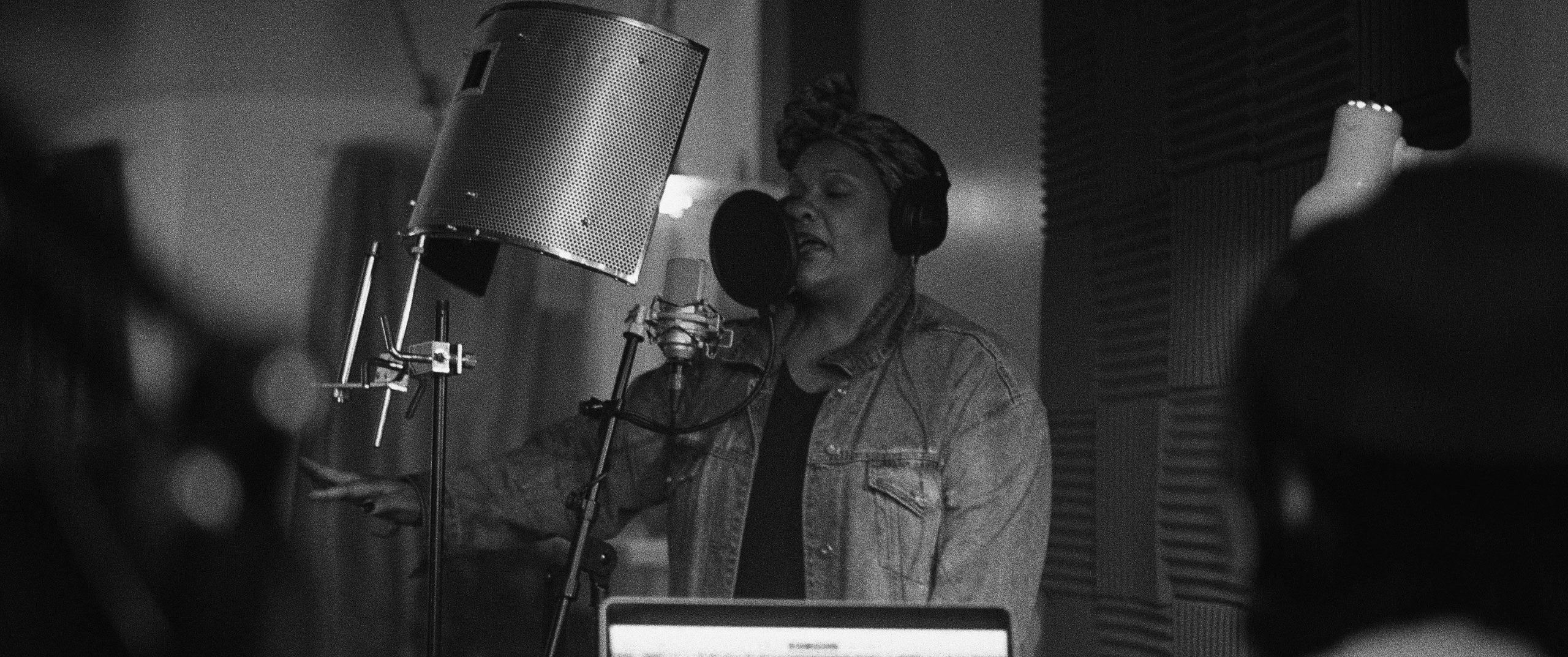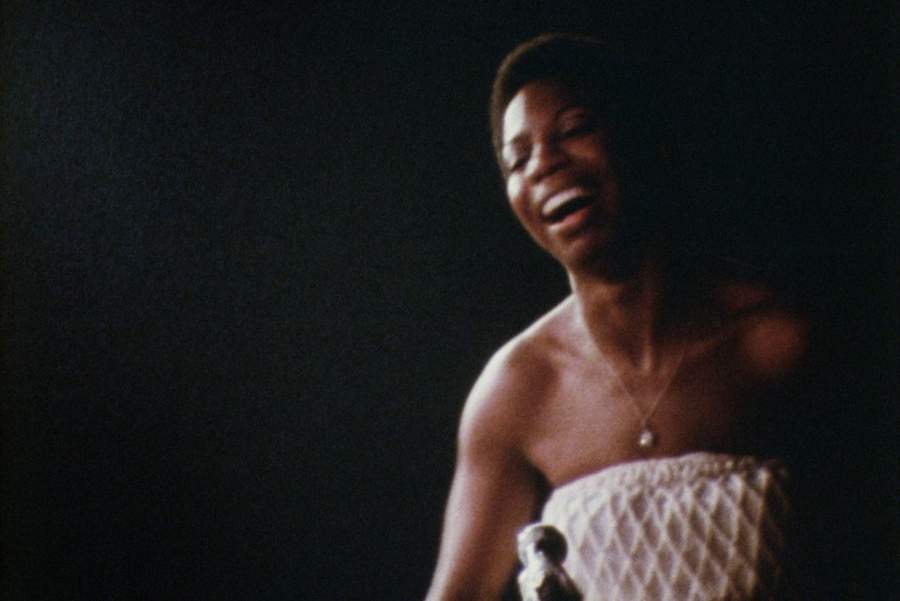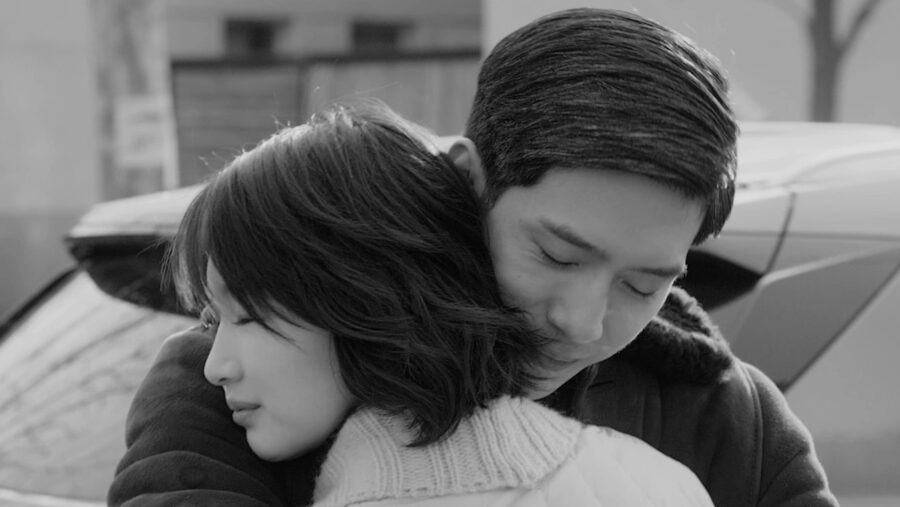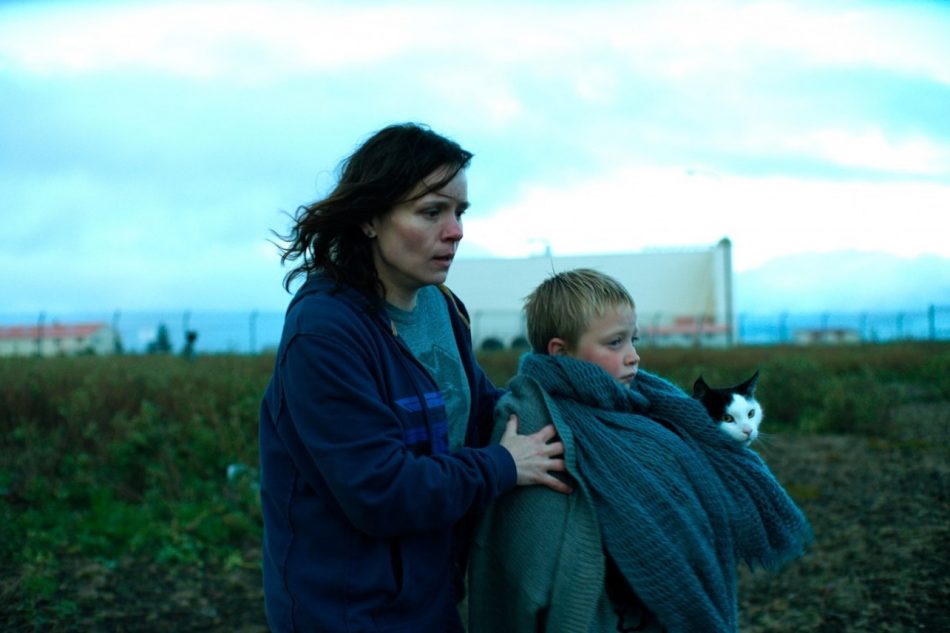A recent holiday classic you likely haven't seen, Arthur Christmas uses its premise of the North Pole as a massive spy organization to touch on how commercialization tears people apart. It's a surprisingly smart film with a fascinating dynamic among its family of Santas, with an incredibly funny script full of dry, British wit. And while the animation may already look dated at first glance, Arthur Christmas more than makes up for its looks with truly imaginative art direction and director Sarah Smith's fast-paced set pieces. This is that rare Chirstmas movie that doesn't just surrender to schmaltz; the lessons learned by the characters here are unique, complex, and timeless.
Genre: Adventure, Animation, Comedy, Drama, Family, Kids
Actor: Adam Tandy, Alistair McGowan, Andy Serkis, Ashley Jensen, Bill Nighy, Brian Cummings, Bronagh Gallagher, Clint Dyer, Cody Cameron, Danny John-Jules, David Menkin, David Schneider, Deborah Findlay, Dominic West, Donnie Long, Emma Kennedy, Eva Longoria, Hugh Laurie, Iain McKee, Ian Ashpitel, Imelda Staunton, James McAvoy, Jane Horrocks, Jerry Lambert, Jim Broadbent, Joan Cusack, Julia Davis, Kerry Shale, Kevin Cecil, Kevin Eldon, Kris Pearn, Laura Linney, Marc Wootton, Michael Palin, Peter Baynham, Ramona Marquez, Rhys Darby, Rich Fulcher, Rich Hall, Robbie Coltrane, Sanjeev Bhaskar, Sarah Smith, Seamus Malone, Seeta Indrani, Stewart Lee, Tamsin Greig
Director: Barry Cook, Sarah Smith
Rating: PG















